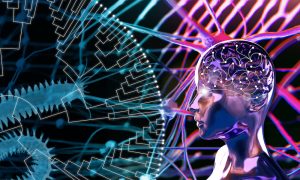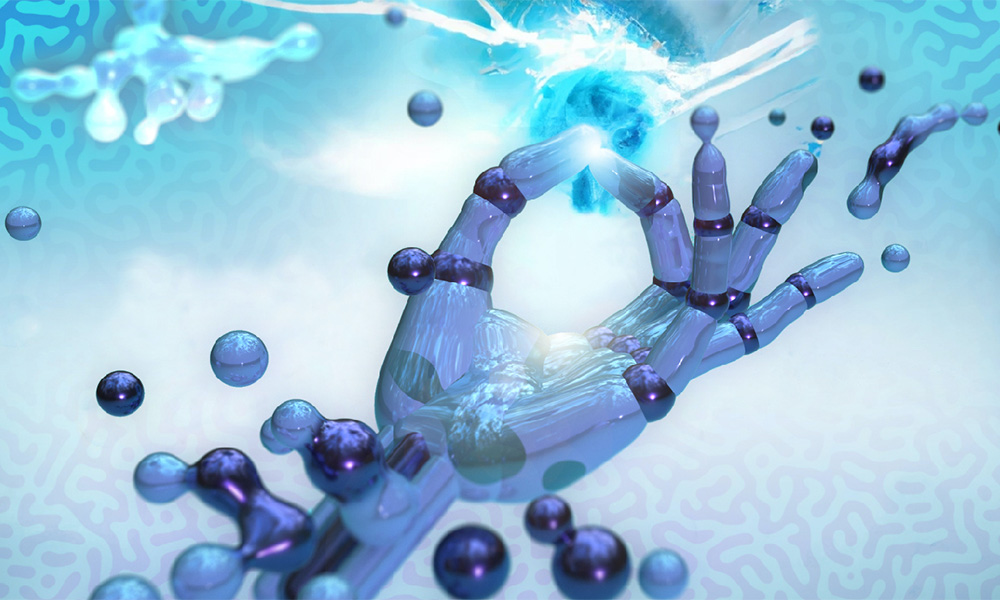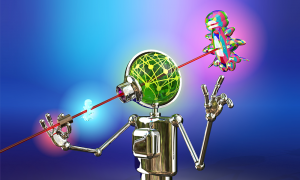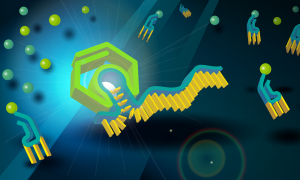
EMBL Insight Lecture 2023
“Uncovering the origin of learning and memory - A journey into the evolution of nervous systems” by Dr. Detlev Arendt
Formerly known as European Learning Laboratory for the Life Sciences
Our inspiring educational experiences share the scientific discoveries of EMBL with young learners aged 10-19 years and teachers in Europe and beyond. We belong to EMBL’s Science Education and Public Engagement office.
The EMBL Insight Lecture 2022 was presented by Dr James Sharpe, Head of EMBL Barcelona, on 2 December 2022.
Each of the organs in our bodies is a beautiful and complex three-dimensional arrangement of billions of cells. Creating these amazing structures during embryo development involves a breath-taking choreography in which the cells crawl over each other and change into different types such as skin cells, muscle cells, bone cells and others. But how is this dance of cells coordinated? Where is the choreographer? Over the last few decades, biology has taught us that there is in fact no choreographer of this dance, no conductor of the orchestra. Each cell in your body has the exact same set of instructions – the genome and senses only its immediate neighbours. The construction of an organ is therefore an amazing example of self-organisation.
In the 2022 EMBL Insight Lecture, Dr James Sharpe introduced the topic of multicellular self-organisation and showed how computer modelling is becoming essential to understand this fascinating feature of our bodies. He shedded light on how an old mathematical theory by Alan Turing turned out to explain the patterning of our fingers, and gave insights into how a swirling population of cells can be understood by studying a swarm of robots.
We wrote about the lecture in our news section.
The EMBL Insight Lecture is available via on-demand-streaming from this website. You can watch it directly in the window below. Alternatively, you can open the EMBL Insight Lecture here.
More information on the concept behind EMBL Insight Lectures and recordings of previous lectures may be found here.

Topic area: Cell biology, Structural & Computational biology, Developmental biology
Age group: 16-19
Organiser: SEPE
Share:

“Uncovering the origin of learning and memory - A journey into the evolution of nervous systems” by Dr. Detlev Arendt

“Cells, computers and microscopy: how can AI pave the way to scientific discovery?“ by Dr. Anna Kreshuk

"Discover RNA - the language of genomes" by Professor Matthias W. Hentze